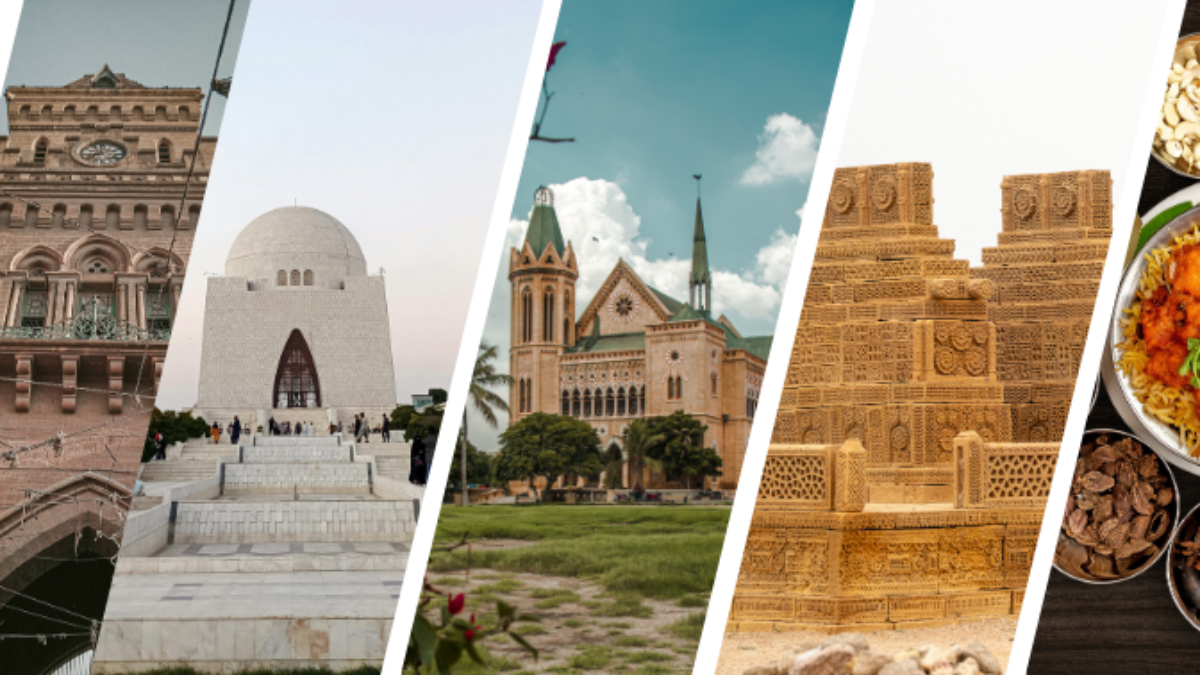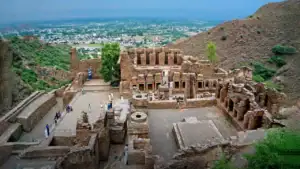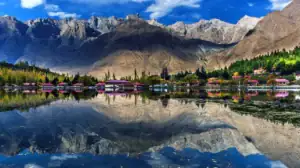Central Karachi, the cultural and historical heart of the city, remains a vibrant and evolving district in 2025. Rich in colonial architecture, urban energy, and civic heritage, this area reflects Karachi’s transformation from a colonial port to a modern megacity.
History of Central Karachi
Central Karachi’s roots date back to the 19th century when it became a major administrative and trade hub under British rule. It was meticulously planned with straight roads, parks, libraries, and public spaces—many of which still define the district’s layout and character. The blend of colonial and Mughal-inspired architecture creates a unique historical atmosphere that continues to shape its identity today.
Key Landmarks in Central Karachi
| Landmark | Year Established | Architectural Style | Current Function |
|---|---|---|---|
| Frere Hall | 1865 | Venetian Gothic | Library, Art Gallery |
| Denso Hall | 1886 | Gothic Revival | Public Library |
| Merewether Clock Tower | 1892 | Neo-Gothic | Civic Landmark |
| Karachi Port Trust (KPT) | 1915 | Eclectic British-Roman | Maritime Office |
| Mohatta Palace | 1927 | Indo-Saracenic | Museum |
| Mazar-e-Quaid | 1960s | Modern | Mausoleum of Muhammad Ali Jinnah |
These structures are not only architectural masterpieces but also serve as historical anchors for Karachi’s cultural narrative.
READ MORE: Central Jail Karachi – History, Security & Prison Reforms Guide
Urban Life in 2025
In 2025, Central Karachi is a bustling center of daily life, where heritage meets modernity. Historic buildings house offices, galleries, and civic institutions. The streets are alive with commerce, food stalls, and cultural activity.
Burns Road Food Street
Known as the food capital of Karachi, Burns Road is lined with traditional eateries offering classics like nihari, biryani, and kebabs. It remains a culinary hotspot for locals and visitors.
Empress Market
Established during the British era, Empress Market continues to function as one of Karachi’s busiest shopping centers for fresh produce, spices, and household goods.
T2F (The Second Floor)
A modern cultural hub promoting intellectual discourse, local art, and music, T2F reflects the city’s evolving creative spirit.
Transportation and Accessibility
Central Karachi enjoys excellent connectivity through major roads such as I.I. Chundrigar Road, M.A. Jinnah Road, and Shahrah-e-Quaideen. Public transport options include buses, taxis, rickshaws, and ride-hailing services. The planned revival of the Karachi Circular Railway is expected to further improve inter-district travel.
Culture and Community
Despite its rapid urbanization, Central Karachi maintains a strong community spirit. The area is home to diverse ethnic groups, reflecting Pakistan’s rich multicultural identity. Religious sites, cultural centers, and public parks promote coexistence and social harmony.
Final Thoughts
Central Karachi is more than a geographical zone—it’s a living chronicle of Karachi’s past and present. Its historic landmarks, vibrant street life, and evolving culture make it a must-visit area for anyone exploring the city. As 2025 progresses, Central Karachi continues to thrive as a dynamic district blending heritage with progress. Stay Updated with BLOOM PAKISTAN









